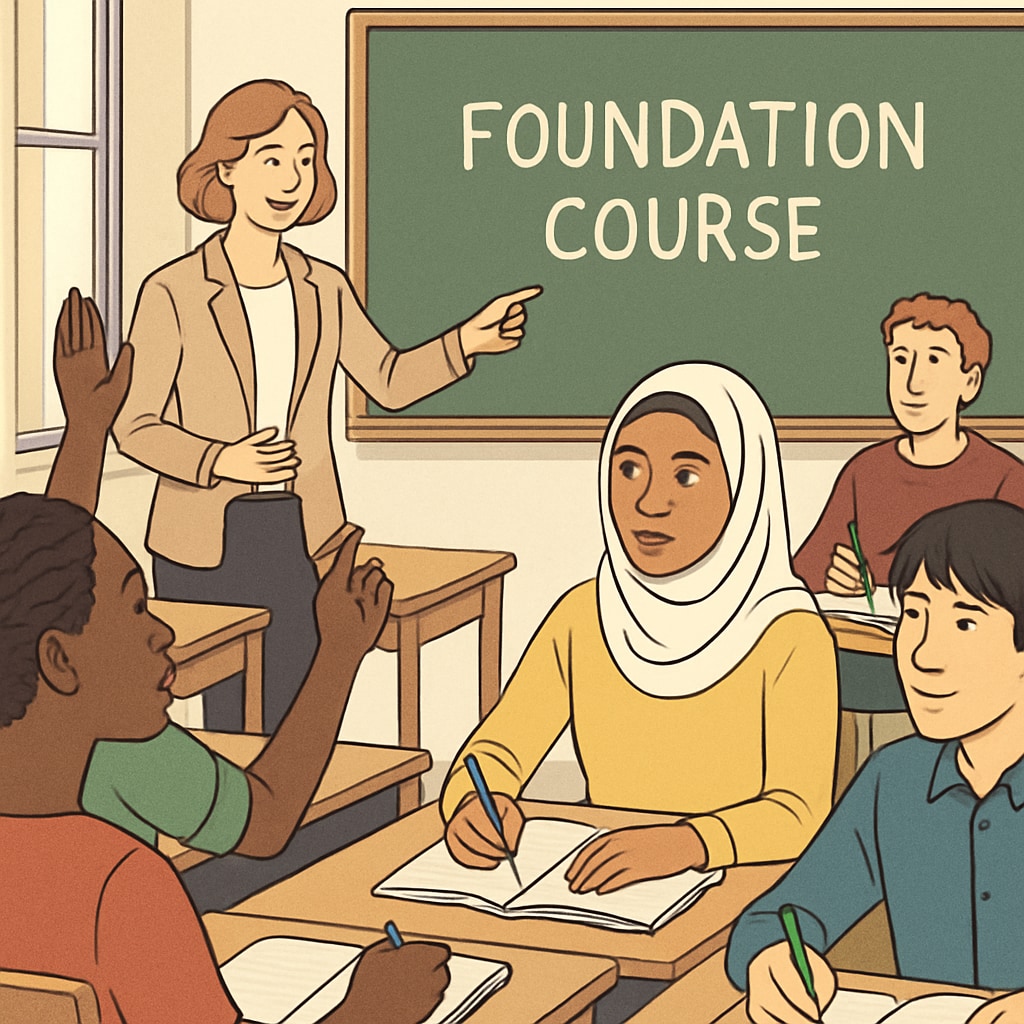For many students, A-level results are a defining moment that can shape their future academic and career paths. However, when these results fall short of expectations, it can lead to confusion and anxiety about what to do next. Deciding between retaking A-levels, enrolling in lower-ranking universities, or pursuing foundation courses abroad requires careful consideration of personal goals, financial resources, and long-term strategies. This article delves into these options to help students and parents navigate this challenging yet pivotal phase.

Retaking A-levels: Is It Worth the Effort?
Retaking A-levels is often the first option that comes to mind for students disappointed by their grades. This pathway allows students to improve their results and potentially gain admission to their dream university. However, it comes with its challenges. For example, retaking exams requires dedication, a strong work ethic, and the ability to learn from past mistakes. Additionally, the financial costs of tuition fees and study materials can be a burden for some families.
On the positive side, retaking A-levels provides a second chance to demonstrate academic potential. Universities may view improved grades favorably, and students can gain valuable skills such as resilience and perseverance. However, the pressure of repeating a year can affect mental health and motivation. Therefore, students should carefully assess their readiness to commit to this demanding path.
Opting for Lower-Ranking Universities: A Viable Plan B?
Another option is to enroll in lower-ranking universities within the student’s home country. While these institutions may not have the prestige of top-tier universities, they often offer quality education and opportunities for growth. Moreover, this choice allows students to avoid the stress of retaking exams and begin their university journey without delay.
However, attending a lower-ranking university might limit access to competitive job markets or prestigious postgraduate programs. Students should research the specific courses and career prospects associated with their chosen institution. Networking, internships, and extracurricular activities can also help enhance their profiles regardless of university rank.
Exploring Foundation Courses Abroad: A Global Perspective
For those seeking alternative routes, international foundation courses offer an exciting opportunity to study abroad while bridging academic gaps. These programs typically span one year and are designed to prepare students for undergraduate studies. Foundation courses are particularly popular among students who wish to experience a new culture and broaden their horizons.
However, studying abroad involves higher costs, including tuition and living expenses. Additionally, adapting to a new environment can be challenging. Despite these hurdles, international foundation courses often provide access to globally recognized universities and unique career opportunities. For example, studying in countries like the UK, Australia, or Canada can open doors to international job markets.

Making an Informed Decision
Choosing the right path after poor A-level results depends on individual circumstances, ambitions, and resources. Here are some steps to guide the decision-making process:
- Assess your goals: Determine whether your ultimate aim is a prestigious degree, specific career field, or personal growth.
- Research thoroughly: Explore the pros and cons of each option, including costs, academic demands, and career outcomes.
- Consult professionals: Speak to career counselors, teachers, or university advisors for personalized guidance.
- Consider mental health: Factor in emotional well-being when evaluating high-pressure options like retakes.
Ultimately, there is no “one-size-fits-all” solution to this dilemma. Each pathway offers unique advantages and challenges, and the decision should align with the student’s aspirations and circumstances.
As a result, navigating educational choices after poor A-level results is not just about overcoming setbacks but also about building resilience and finding alternative routes to success. With careful planning and determination, students can turn this moment of uncertainty into a stepping stone toward a brighter future.


